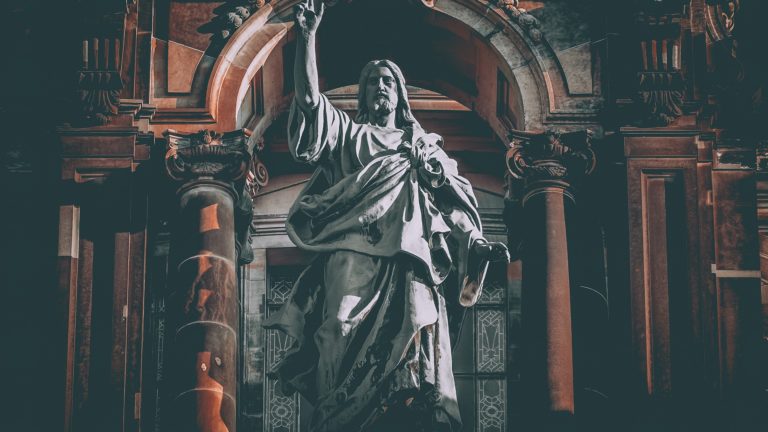LGBTQ Rights are Human Rights

Over what turned out to be a more labor intensive lunch than I had anticipated, I recently had someone tell me that they believe being gay is a choice, and therefore, sexual orientation should not receive protection under the law. In short, my lunch companion asked: why should gay people be afforded the same benefits in marriage as heterosexual couples?
Not surprisingly, the spokesperson of this view was a white, middle aged, male, who identifies as a Christian, and is a self proclaimed Republican. I have nothing against any of these as personal choices, but it serves as a background for the context of the conversation. You may also recognize this character as the same person who believes in voter suppression because uneducated voters are “spoiling it for the rest of us.” You can read about that here.
This individual and I disagree on many things — but I thank him for giving me topics to write about.

2018 marked the 150th anniversary of the Fourteenth Amendment which, in part, says that “No state shall make or enforce any law which shall abridge the privileges or immunities of citizens of the United States; nor shall any State deprive any person of life, liberty or property, without due process of law; nor deny to any person within its jurisdiction the equal protection of the laws.”
That last sentence is the big one, “nor deny to any person within its jurisdiction the equal protection of the laws.”
That sentence appears to be pretty clear — not a single individual should be given preferential treatment in the eyes of the law.
My lunch companions logic says differently; because the due process of law can reject homosexuals, that due process can acceptably lead to a conclusion in which a whole demographic is denied equal protection. He goes a step further to say that different people should receive different protection under the law. Thus the convenient legal excuse to argue against anyone who disagrees with his worldview.
The real question is not around sexuality, but the inherent respect one has for human differences. As you can easily guess, I’m not an attorney, so an answer that involves the legal precedent is not as important to me as the basic premise that the 14th Amendment espouses: let others live freely, and enjoy living free yourself. This part of the constitution appears to speak clearly that the rights of all people are worth protecting.
A plain reading sees the Fourteenth Amendment as an extension of the Declaration of Independence “ We hold these truths to be self-evident, that all men are created equal.”
Ones personal belief on the morality of homosexuality is entirely besides the point — the question is whether human traits, chosen, desirable, innate, or otherwise, make someone a second class citizen? The answer is no. The law has an obligation to equally protect the rights of all people.
All people are entitled to an equality of opportunity, not to an equality of results.
Under that claim, should government be involved in marriage at all? This is about more than just this one question — this is about all rights that we are afforded as human beings, and citizens of the United States. Should we be forced to give up our rights simply because they make others feel uncomfortable? It appears to be a slippery slope.
What my lunch companion expressed at lunch is that “because being gay is a choice, I don’t think it should be protected.”
What he missed is that someone else’s consensual relationship preferences are none of his business. Why oppress others because their lifestyle falls outside his narrow worldview? Why bring the immense power of the state down on someone else to limit their freedom, especially when doing so could make him so vulnerable to the same unjust treatment on account of his religion or other characteristics, chosen or innate?
— Various Attributions
Instead of demanding that we adhere to each others worldview, an exercise in futility, the purpose of government should be to protect the rights of the smallest minority — the individual. We should fight for the rights of all of the people, all of the time. Our founders understood that concept when they declared the equality of humans in the eyes of the law, both in the declaration of independence and again in 1868 with the 14th Amendment.
To the man I had lunch with, who told me that the rights of homosexuals should be lesser than heterosexuals; that battle is already long since lost. We live in a world where those who believe in lesser rights for the LGBTQ community are the minority. I would not wish for your rights to be trampled on either. Seeking to punish those different than you will only give the currently disenfranchised permission to persecute you when the see-saw tips towards a different power.
We can live in a better world by recognizing our differences, protecting our rights from encroaching powers, and by limiting those who interpret and make laws to the narrow responsibilities of their office.
This article also appeared on Liberty Rangers, a Medium Blog


